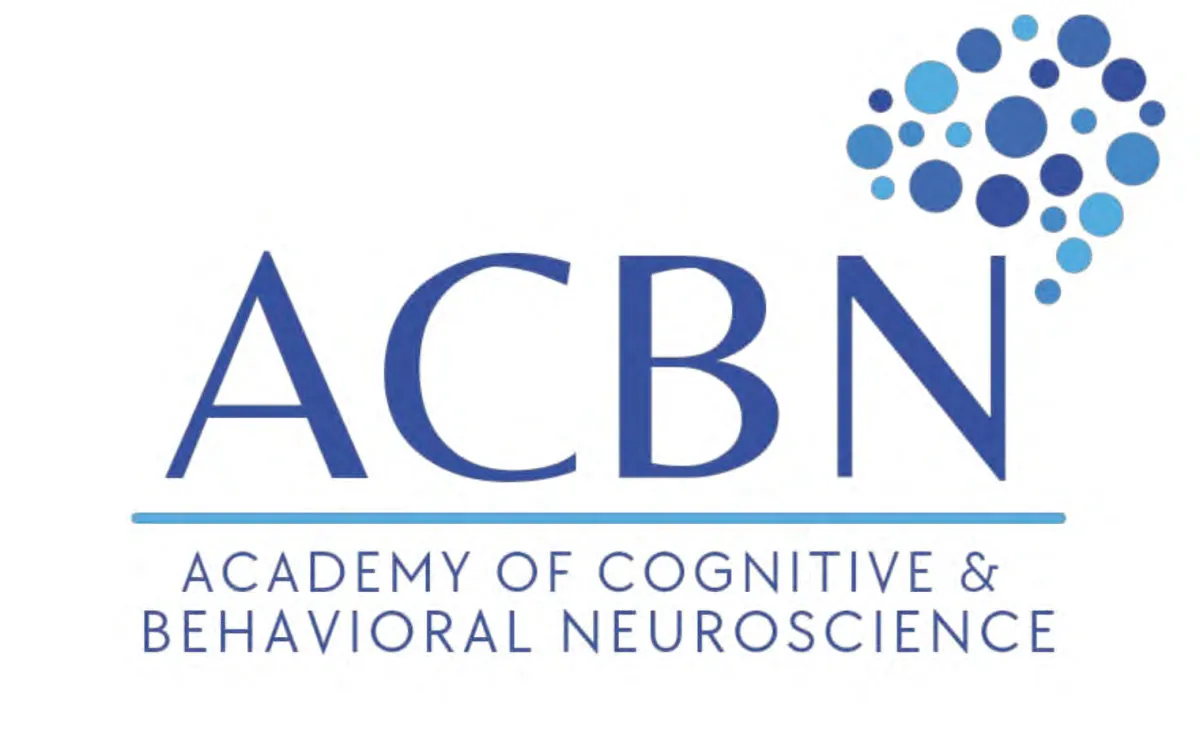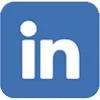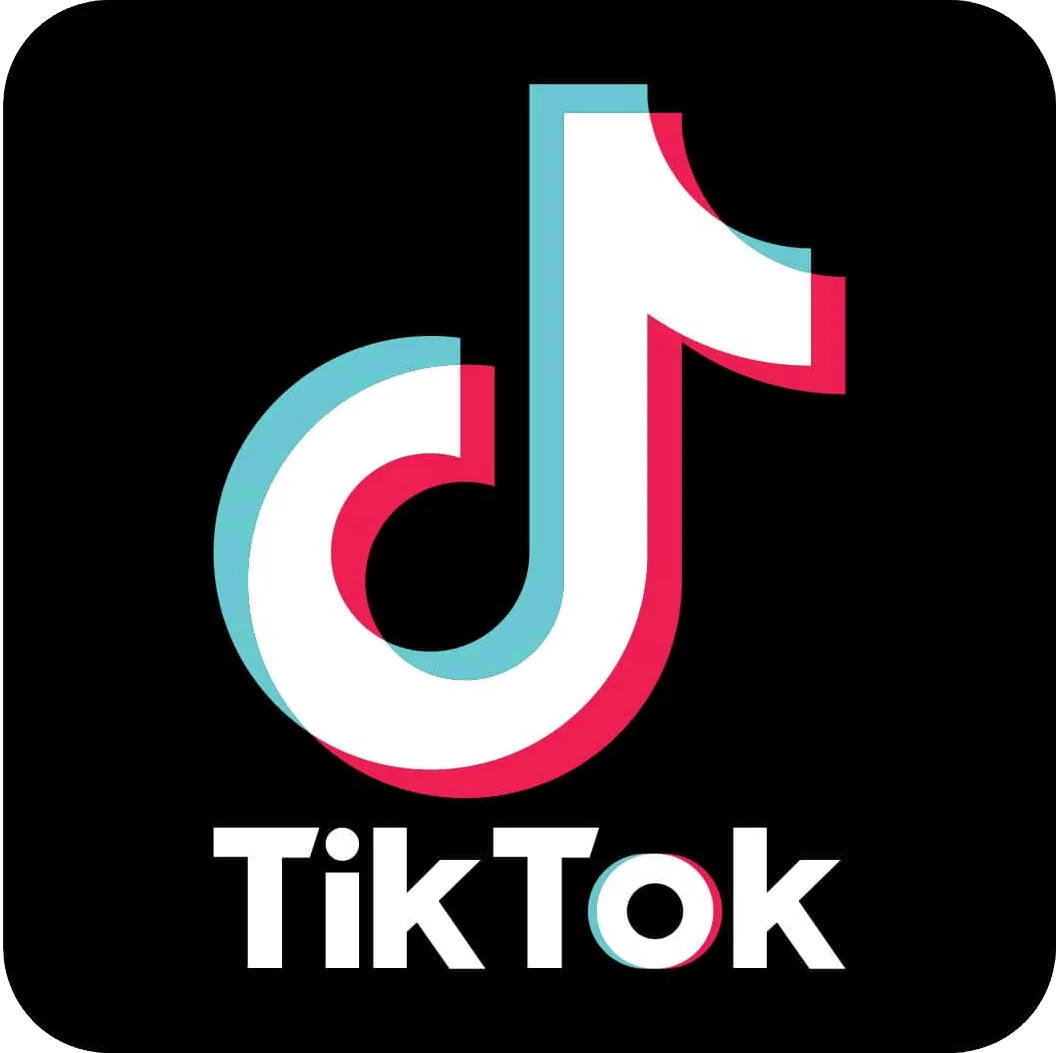
Welcome to Neuroscience Nuggets, your treasure trove of brain science knowledge designed to unlock the secrets of personal and professional growth! If you've ever been curious about the power of the brain and how it influences our thoughts, emotions, and behaviors, you're in the right place!!
Neuroscience, the captivating study of the brain and nervous system, offers a goldmine of insights to enrich our lives and those of our clients. At Neuroscience Nuggets, we're dedicated to making brain science approachable, exciting, and applicable in all aspects of your journey. Whether you're seeking to nurture your own well-being or enhance your professional practices, our nuggets of wisdom will equip you with practical tips, strategies, and evidence-based approaches to empower yourself and your clients.
Join us as we embark on an exhilarating adventure into the realm of neuroplasticity—the brain's remarkable ability to change and adapt. Together, we'll explore how harnessing neuroscience can lead to personal fulfillment, enrich your relationships, and supercharge your professional impact. So, grab your pickaxe and get ready to dig deep into the world of neuroscience nuggets. Let's unlock the untapped potential of the brain and unearth the pathways to personal and professional growth together. 🌱🌟
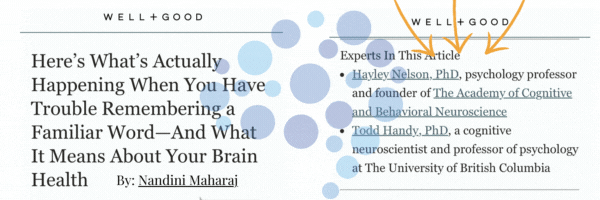
Unveiling the Mysteries of Memory: A Deep Dive into the "Tip of the Tongue" Phenomenon
“I'm not forgetful, I'm just remember-challenged.”
- Unknown.....or maybe I just forgot.....
Introduction:
Have you ever experienced that frustrating moment when you know a word or name is right at the edge of your memory, but you just can't seem to grasp it? Welcome to the intriguing world of the "Tip of the Tongue" phenomenon, or TOT as it's fondly known. I'm featured in a new article on Well+Good where we'll journey into the realms of neuroscience to unravel why TOT occurs, its commonality, and how you can enhance your memory. But that's not all—read on to discover an exclusive opportunity to delve even further into the mechanisms of memory through our Cognitive and Behavioral Neuroscience certification programs through ACBN.
The Neuroscience Behind TOT
The brain is a marvel of complexity, and memory is one of its most remarkable features. Neuroscientists have found that TOT moments arise from a delicate interplay between different brain regions responsible for memory storage and retrieval. The hippocampus encodes memories, while the prefrontal cortex assists in retrieving them. However, sometimes these brain regions seem to momentarily miscommunicate, resulting in a frustrating "on-the-tip-of-my-tongue" sensation.
The Common Experience
Before you start worrying that your memory is letting you down, know that TOT moments are remarkably common across all age groups. Even those in their 20s and 30s, who might feel their memory should be at its peak, encounter these memory lapses. It's a reminder that our brains are complex systems, subject to occasional glitches like any other intricate machinery.
The Impact of Sleep and Stress
If you've noticed that TOT moments tend to strike when you're tired or stressed, you're not alone. Sleep deprivation and stress can impair the brain's efficiency in retrieving memories. Studies have shown that sleep is vital for memory consolidation, and when we're sleep-deprived, our memory retrieval process might struggle, leading to increased TOT experiences.
Online Search and Memory Recall
Ever tried Googling that elusive piece of information you just can't remember? Interestingly, research supports that searching for related cues online might help trigger memory recall. This phenomenon is known as "retrieval-induced forgetting." By activating related neural pathways, you're essentially giving your memory a nudge in the right direction.
Enhancing Your Memory
While TOT moments might be a natural part of memory function, there are ways to boost your memory performance. Regular exercise, maintaining a healthy diet, and getting sufficient sleep are fundamental to optimal brain function. Engaging in mentally stimulating activities, such as puzzles and learning new skills, keeps your brain agile. Moreover, mnemonic techniques like visualization and creating associations aid memory retention.
Dive Deeper into Memory and Neuroscience
For those hungering for a deeper understanding of memory, our Cognitive and Behavioral Neuroscience certification program offers a dedicated module on memory mechanisms. Explore the intricacies of memory recall, learn techniques to improve memory retention, and uncover the fascinating adaptability of the brain. Whether you're a passionate learner or a professional seeking to expand your knowledge, this program is a gateway to the captivating world of neuroscience.
Conclusion
The "Tip of the Tongue" phenomenon might leave us momentarily grasping for words, but it's a testament to the intricacies of our brain's memory system. While TOT moments are part of the human experience, they also remind us of the remarkable capabilities of our minds. And if you're eager to explore the depths of memory and neuroscience, our certification program awaits, ready to expand your understanding of the intricate mechanisms that make us who we are.
So, the next time you're caught in a TOT moment, remember that your brain is a fantastic, intricate universe, filled with its own delightful quirks and surprises.
Are you intrigued to learn more about memory and neuroscience? Explore the full article on the Well+Good website and discover how you can dive deeper into the mysteries of the mind by earning a certification in Cognitive and Behavioral Neuroscience with The Academy of Cognitive and Behavioral Neuroscience website.

Meet Your Blogger
Dr. Hayley Nelson earned her PhD in Psychological and Brain Sciences from The Johns Hopkins University, is a tenured professor of Psychology in the Philadelphia area, and is an international speaker. She has over 20 years of teaching experience with students from diverse backgrounds, has several peer-reviewed research publications and previous research and faculty appointments with The National Institutes of Health, The Johns Hopkins University, and The University of Pennsylvania.
If the idea of learning about the brain and neuroscience feels overwhelming and intimidating, Dr. Hayley is the perfect neuroscientist for you. She's a busy mom of 2 with a great sense of humor, and she prioritizes bringing some fun and compassion to a field that can feel a little "hardcore". You can expect lots of real world experiences and examples and an open, caring learning environment where there are no stupid questions. Listening to one of Dr. Hayley's discussions feels more like a conversation with a family member (a really smart family member).
By creating the Academy of Cognitive and Behavioral Neuroscience, Dr. Hayley Nelson combined her knowledge of the human mind and brain health with her passion for education, teaching, and consulting to truly make neuroscience approachable. Her students learn easy-to-swallow knowledge of how the brain works in real-life situations and are armed with an education in a subject they can use literally every single day. Not only that, they gain the power to serve their clients better and create an environment for their communities to thrive.
Dr. Hayley's Featured Contributions, Publications, and
Faculty & Research Appointments
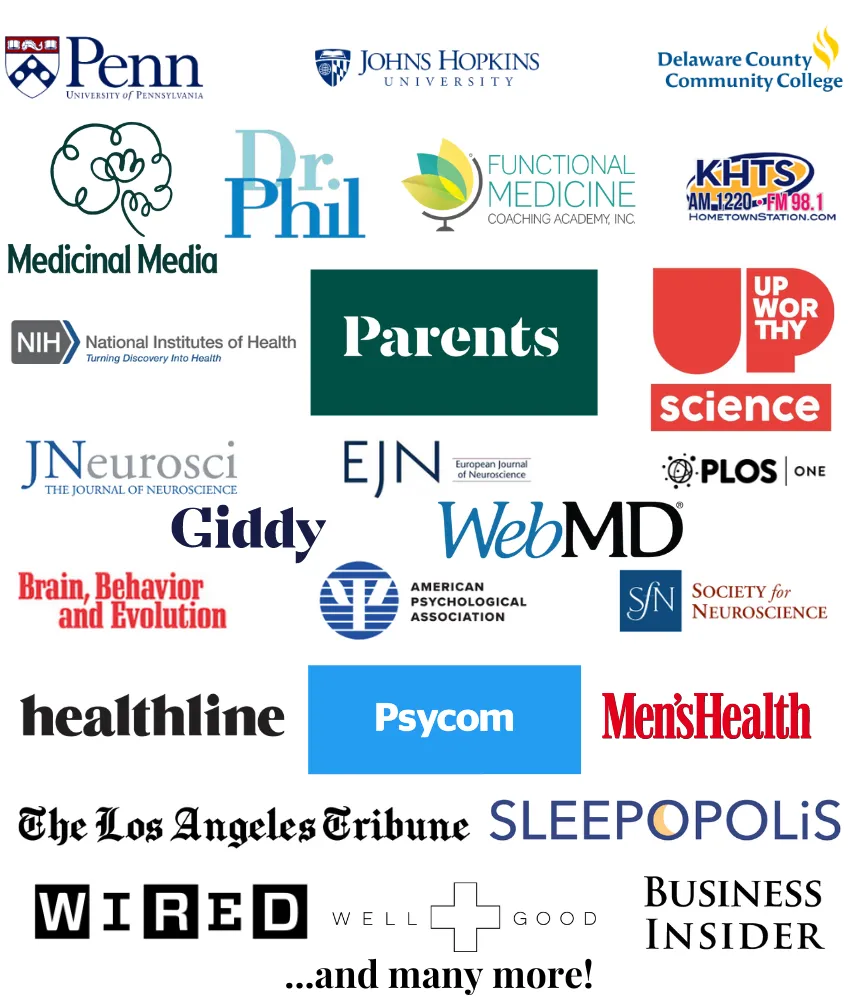
With a Certification in Cognitive & Behavioral Neuroscience, you will gain the confidence to speak with authority about HOW & WHY what you teach your clients actually works.
Neuroscience feels intimidating, and perhaps you've always thought that you're not positioned to be an authority on the science behind what's happening in your client's brain. Dr. Hayley Nelson founded the Academy of Cognitive & Behavioral Neuroscience, and she designed this Certificate Program with one goal in mind:
To make neuroscience approachable for professionals who want to distinguish themselves from others in their field with a unique and comprehensive understanding of the latest research and innovative techniques in neuroscience, and earn a highly respected certification in cognitive and behavioral neuroscience that sets them apart as a true expert in their field.
After completion of the certificate, students will uncover a newfound sense of confidence and neuroscience knowledge, will stand out in their industry by offering something unique to their clients, gain credibility, better serve their existing clients, and be positioned to take on more clients best suited for their programs.
Have questions about the Certification Programs from Dr. Hayley and
The Academy of Cognitive and Behavioral Neuroscience (ACBN)?
Want to book a 1-on-1 Office Hour consultation with Dr. Hayley?
Want to See What it's Like to Learn from Dr. Hayley?
Want to Stay in the Loop with Dr. Hayley and ACBN?
Connect directly with Dr. Hayley!
Click the blue chat bubble in the right-hand corner of the screen to get in touch with me, or connect with me on social media.

